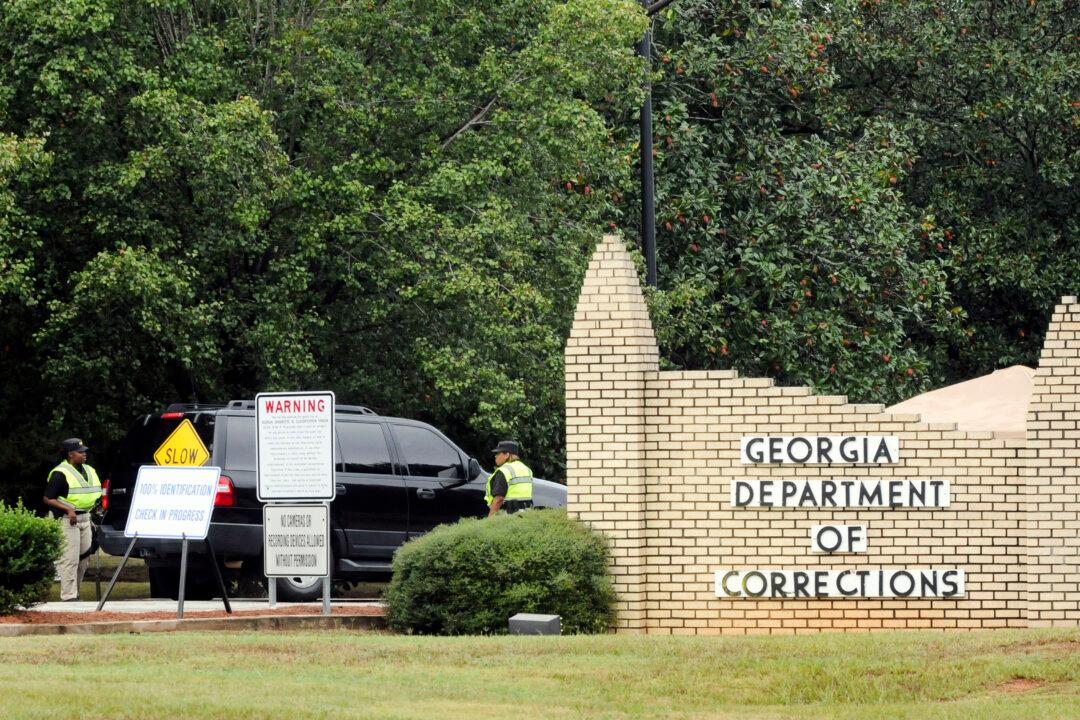The U.S. Department of Justice (DOJ) on Oct. 1 released a 90-plus page comprehensive findings report revealing systemic, unconstitutional conditions in Georgia’s state prisons that create unsafe conditions for inmates, staff, and the public.
After a statewide investigation, the DOJ concluded that the Georgia Department of Corrections (GDC) had failed to protect incarcerated individuals from severe violence and sexual abuse, fostering an environment of chaos and danger that violates the Eighth Amendment.





